6, January 2024
Joseph Owona, former Biya acolyte dies aged 78 0
Professor Joseph Owona, a cabinet minister under President Biya and a successful academic, has died aged 78.
A Cameroon government embassy official in Paris, France confirmed the death of the peer, who became Minister of Higher Education and Scientific Research and was later appointed Secretary General at the Presidency.
Owona served as right-hand man to the 91-year-old President Biya during the early days of multi-party politics.
He would later serve as Minister of Health, Minister of Youth and Sports and President of FIFA’s Normalization Committee of the Cameroon Football Federation and retained a keen interest in the International Relations Institute (IRIC) in Yaoundé.
In the early 90s, he made a mockery of Cameroon researchers accusing them of not producing any results.
Sometimes referred to as a Biya favourite, Professor Joseph Owona began his rise through politics deep inside the secretariat of the ruling CPDM Central Committee.
He was a controversial figure described by many as the minister who brought problems to Biya while others brought solutions.
Owona was a law professor at the heart of the Biya’s government promoting tribalism and nepotism. As Secretary General at the presidency, he was widely criticised for suggesting that no Bamileke could be head of state. He never withdrew his remarks after a firm rebuke from Etoudi but was removed from his role.
Born on 25 January 1945 in Akom, the polygamist served as a minister several times and was a member of the Constitutional Council from April 2020 to January 2024. He did his higher education at the University of Yaoundé and Panthéon-Sorbonne in France.
By Soter Tarh Agbaw-Ebai
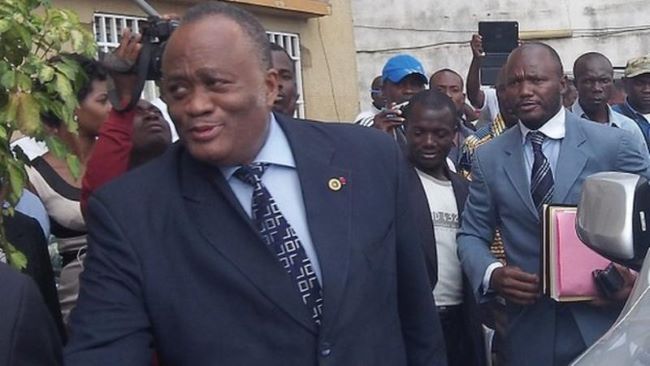


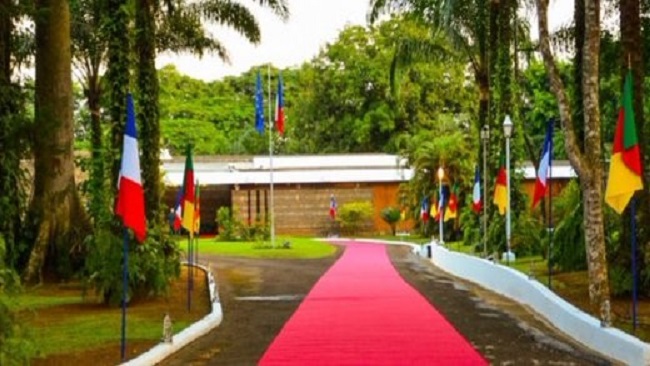
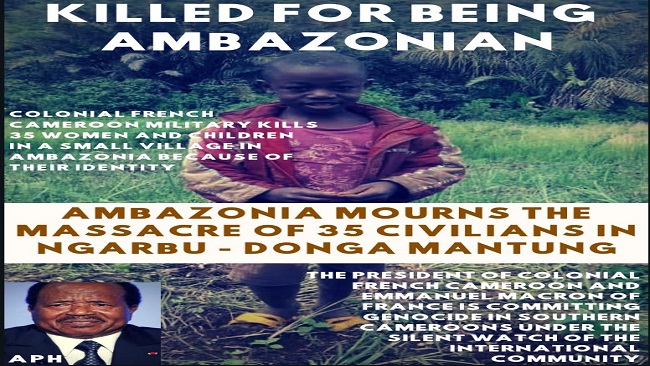
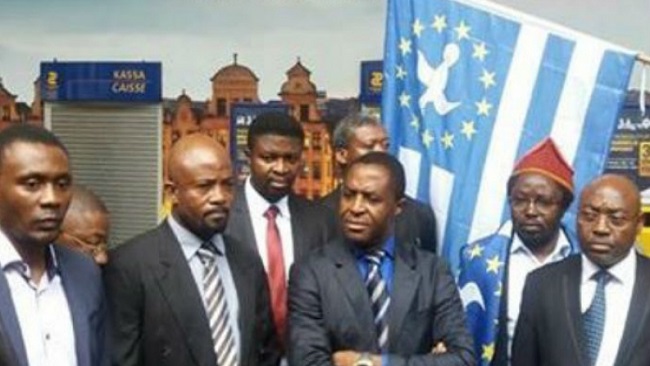
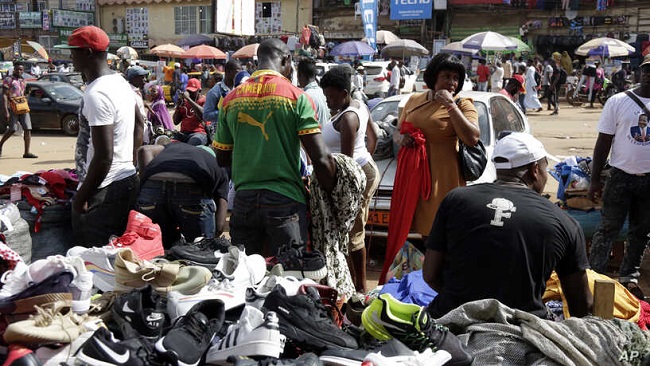
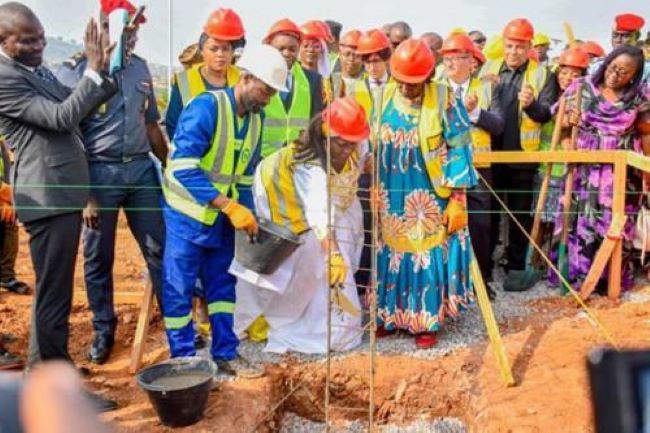
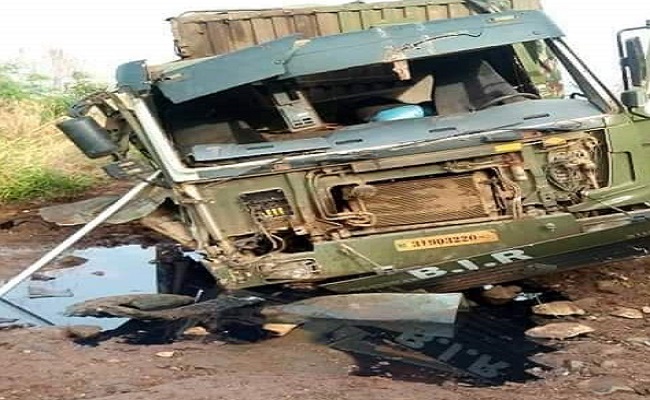


















9, January 2024
Biya’s new fiscal measures leading to salary cuts 0
Effective January 1, 2024, with the implementation of Cameroon’s 2024 fiscal law, the government has introduced new tax measures expected to lead to an inevitable decrease in salaries for some workers. According to Célestin Tawamba, the leader of Cameroonian business leaders, these measures are projected to result in a salary reduction ranging from 5% to 25% in various companies.
One significant measure involves the expansion of the list of in-kind benefits subject to the income tax scale. The related circular signed on December 29, 2023, by Finance Minister Louis Paul Motazé specified that “personal income tax (IRPP) in the salaries and wages category has been rationalized by fully taxing all benefits in kind paid in cash. The list of benefits in kind subject to estimation for the determination of the taxable base of IRPP in the salaries and wages category has been extended to include: telephone 5%, fuel 10%, security 5%, and internet 5%”.
This means that along with existing benefits in kind, such as housing allowances (15%), electricity (4%), water (2%), domestic help (5% each), vehicles (10% each), and food (10%), previously subject to the income tax scale, the State is adding, as of January 1, 2024, phone allowances (5%), fuel allowances (10%), security allowances (5%), and internet allowances (5%). According to information from sources within the General Tax Directorate, under this new provision of the 2024 fiscal law, a worker receiving, for example, a phone allowance of 50,000 CFA per month will only see 5% of that amount (2,500 CFA) exempt from IRPP. The entire remaining allowance, i.e., 47,500 CFA, will be subject to IRPP.
Significant deductions for high incomes
Similarly, a worker receiving a fuel allowance of the same amount (50,000 CFA) will have IRPP deducted from 45,000 CFA, while 5,000 CFA will be exempt from paying this tax. Considering that the IRPP rate for salaries below 2 million CFA is 10% in Cameroon, the worker in this scenario (assuming their salary is less than 2 million CFA, ed) will lose 4,500 CFA from their fuel allowance due to the payment of IRPP to the tax authorities, corresponding to a decrease in their salary by 4,500 CFA. This reduction will be even more significant as the same operation is applied to the phone, security, and internet allowances.
It is worth noting that the in-kind benefits targeted by this new provision of the 2024 fiscal law related to IRPP concern higher-income workers who generally enjoy substantial salary packages. In other words, the 2024 fiscal law will allow for increased tax revenue collection from higher salaries. The larger the salary, the greater the deduction for IRPP on in-kind benefits, as the IRPP rate varies depending on income levels. It is 10% for incomes below 2 million CFA per month, 15% for incomes between 2 and 3 million CFA, 25% for incomes between 3 and 5 million CFA, and 35% for incomes exceeding 5 million CFA.
Moreover, the government, in the 2024 fiscal law, caps the flat-rate deduction at 4.8 million CFA per year (400,000 CFA per month) for the 30% deduction from the gross annual salary. “Only salaries exceeding 1,333,000 CFA per month are affected by this limitation,” the Minister’s note read.
A worker with an annual salary income totaling 100 million CFA will now only benefit from a maximum deduction of 4.8 million CFA (the rest being subject to IRPP payment), compared to the previous 30 million CFA. The nearly 25 million CFA that were previously exempt from IRPP before the new fiscal law came into effect will now be added to the taxable base, resulting in a significant loss of income to the tax authorities.
Source: Business in Cameroon